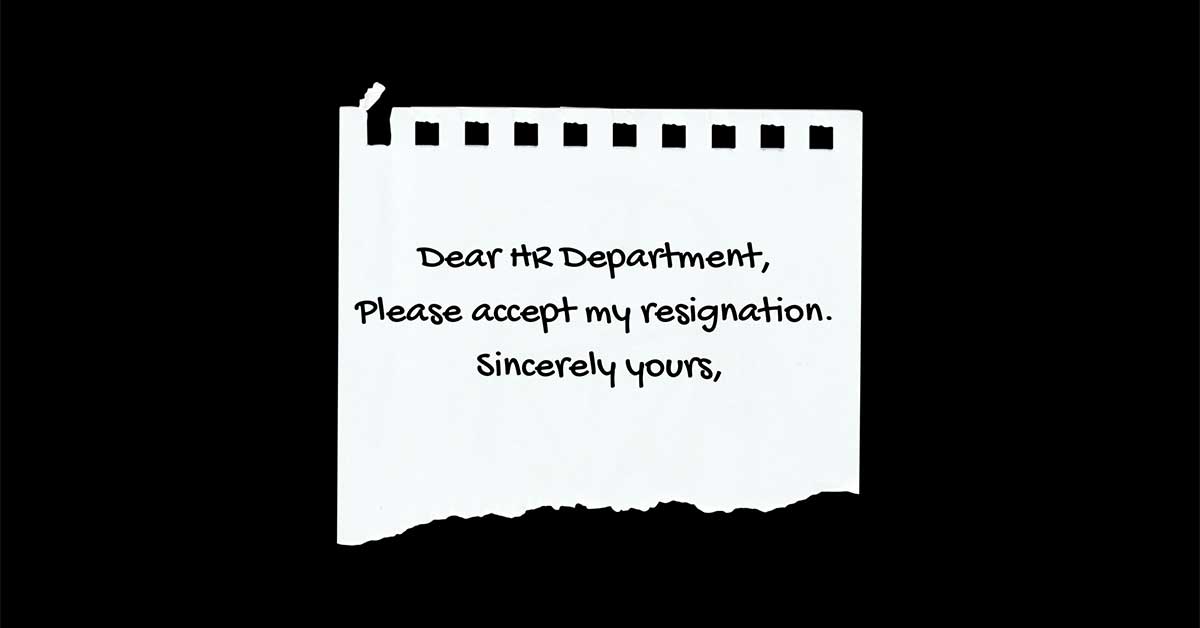Organisational culture is essential to the success of any business. In the early childhood education sector, it is particularly important, as parents know that their children will benefit from a positive culture. Often, we think of culture and leadership from an internal, human resources perspective, but given the way it influences service provision, customers often take organisational culture into account when selecting a business.
Culture affects employees – both positively and negatively, and when deciding what centre to choose for their family, the most important factor influencing parents is the quality of educators, which means focusing on organisational culture in childcare is the basis of being customer-centric.
Why Strong Workplace Culture is Important
For individual centres and small groups, achieving a positive culture by maintaining consistent and clear two-way communication between staff and management can create a more inclusive workplace. In smaller businesses, it’s easier to ensure every member of the team knows the business’ mission and vision and is actively involved in reaching organisational goals. As educators feel involved, supported and empowered, they are advocates for the business. Recently, CEO of Influence & Co John Hall discussed the importance of employee support in an article for Forbes. He said that “employees who feel supported by leaders are more likely to go above and beyond for the company and deliver a better result.”
Once centres get culture right, they usually see their business grow, either through the development of new units or acquisition of existing centres. As childcare groups expand, it is essential to maintain their culture – as it is also part of their brand identity. A growing childcare group should have a strong enough culture that no matter where one of their centres is located, parents recognise their brand and values and know exactly what they stand for and what to expect. But once a group starts developing and acquiring new centres, it can get much harder to maintain a cohesive organisational culture during the expansion period.
How to Maintain Positive Workplace Culture in Times of Growth
When developing a new centre, it is vital to communicate the existing mission, vision, and code of conduct effectively to new employees, who should be selected after going through a rigorous recruitment process. Developing leaders, ensuring they fully understand and engage with the culture, and are able to effectively implement it in the new unit is also absolutely crucial to success.
In order to sustain a positive culture as a business grows larger, it is important to be true to it – hire and fire according to your philosophy, make sure the people who will be the face of your business are a good fit for the organisation. Maintain intimacy by keeping an open-door policy and encourage and invest in personal and professional growth among employees.
While expanding can be very challenging, doing so through the acquisition of an existing centre and adapting their established culture to suit your business’ can seem insurmountable.
Existing negative workplace culture can be difficult to shift, but not impossible. Directors should ensure they include key team members in decision making wherever possible, as it increases levels of trust, motivation and dedication towards achieving the business goals for new management. Regular team meetings allow client-facing employees to better understand the business and feel included and accountable, which also works to strengthen the business culture.
Childcare groups experiencing a high growth phase need to pay special attention to organisational culture, as it can be the difference between a new centre succeeding and strengthening their brand image or suffering from low occupancy rates and damaging word of mouth. Reaching out to leadership and culture specialists, like our team at Change2020 can prove to be a wise investment, as we help leaders navigate through times of change and disruption. If your team needs help to embrace change to propel your business forward, talk to us today.




